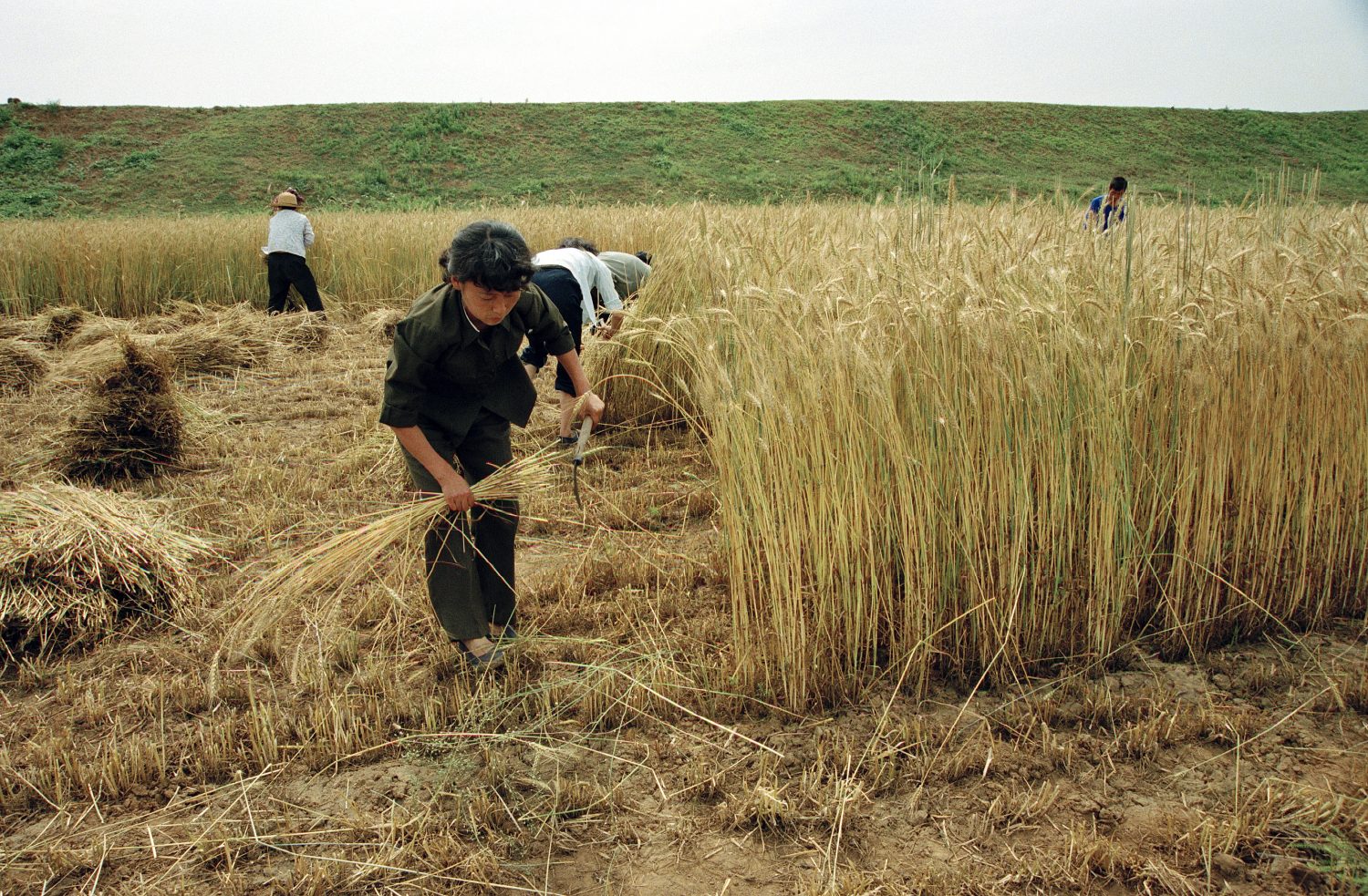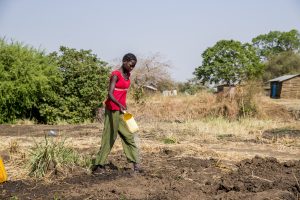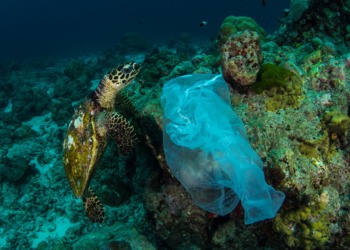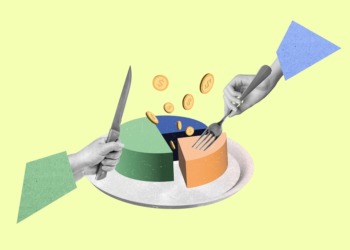EDITOR’S NOTE: THIS PIECE IS AUTHORED BY, ASTRID AGOSTINI, A SENIOR ADVISOR TO THE FAO .THIS PIECE IS PART OF A SERIES EXPLORING THE SUSTAINABLE DEVELOPMENT GOALS. SEE THE INTRODUCTION TO THE SERIES HERE.
In 2015, the international community adopted the Paris Agreement with the ambition to limit the global temperature increase to below 2°C above pre-industrial levels. Earlier in the same year, the adoption of the Sustainable Development Goals marked the world’s commitment to eradicate hunger and poverty by 2030. Neither of these commitments can be met unless agriculture plays its part, and starts playing it fast.
Agriculture – whether crops, livestock, fisheries and aquaculture or forestry – is highly dependent upon the climate, and the climate is changing. The impact of climate change can be felt even now. Especially in tropical developing regions, adverse impacts are already affecting the livelihoods and food security of vulnerable households and communities, often through an impact on their livelihood base in agriculture. The longer term impact will vary across regions, but in all regions, the negative impacts on the productivity of crops, livestock and fisheries will become increasingly severe beyond 2030. Millions more people will be put at risk of hunger and poverty. These risks could be reduced significantly if global temperature increase could be kept to 1.5°C above pre-industrial levels.
A growing population with increasing incomes means that agriculture needs to produce a lot more food to meet their needs and demand. Currently, agriculture, forestry and land use change account for about a fifth of global greenhouse gas emissions, attributable, among others, to the conversion of forests, emissions from livestock and rice production and to fertilizers. This proportion is likely to increase with rising food demand and decarbonization efforts in other sectors. Agriculture can reduce its emission intensity through concerted action, but not enough to counterbalance projected increases in its total emissions. Reducing emissions from agriculture also hinges in no small part on action to minimize food losses and waste and to promote sustainable diets.
The need to include agriculture in greenhouse gas mitigation efforts is recognized by countries in their commitments under the Paris Agreement’s Nationally Determined Contributions, in which countries outline their ambition and commitments for climate action. Nearly 90 percent of all countries specify a role for agriculture and many note the opportunity for synergies between mitigation and adaptation goals.
IN THE PHOTO: Woman creating biomass briquettes in Vietnam PHOTO CREDIT: Kibae Park\ UN Photo
The agriculture sectors have the potential to limit their greenhouse gas emissions and must play their part, however ensuring future food security requires a primary focus on adaptation. Of the countries that outline adaptation goals or actions in their Nationally Determined Contributions, nearly all refer to the agriculture sectors. Global poverty cannot be eradicated without strengthening the resilience of smallholder agriculture to climate change impacts. Smallholders in tropical regions are, in many cases, the most affected while having the least resources to adapt.
Solutions do exist. In agriculture there is a great potential for pursuing synergies between productivity, adaptation and mitigation goals. Smallholders can adapt to climate change by adopting climate-smart practices, diversifying on-farm agricultural production and diversifying into off-farm income and employment. But these changes do not happen spontaneously, or at least not sufficiently so, as there are important barriers to change. Often, a change to a better and ultimately more productive practice requires a transition time during which yields are actually lower, and requires upfront investment in inputs, tools or works. Furthermore, farmers often lack the necessary information, knowledge and support services. To allow them to make the necessary changes to adapt and diversify, they need better climate information and extension, market access, credit and insurance.
This requires public investment.
Related article: “HEALTH IN THE SUSTAINABLE DEVELOPMENT GOALS“
Investments can only be effective if a conducive policy environment is in place. The goals pursued and the actions promoted in climate, environmental and agriculture policies and in related fields – such as water, energy or trade – must be coherent. For instance, agricultural support measures, such as input subsidies designed to contribute to food security, may lead to inefficient use of agrochemicals which increases the emissions intensity of production.
Countries must assess trade-offs between different policy goals and options and assess alternative approaches that may yield greater synergies. The international community must support developing countries in strengthening their capacity to design and implement integrated policies that address agriculture and climate change.
PHOTO CREDIT: UN Photo
Provided policies and institutional frameworks that promote transformative change are in place, international public climate finance can play an important catalytic role to ensure that the much larger flows of private and domestic public funding support sustainable and climate smart agricultural development.
The agriculture sectors have so far received only a small share of international climate finance. It is time to change this and ensure that the agriculture sectors can realize their full potential in meeting countries food security and climate change goals.
Recommended reading: “SHAPING THE FUTURE OF OUR CITIES“












